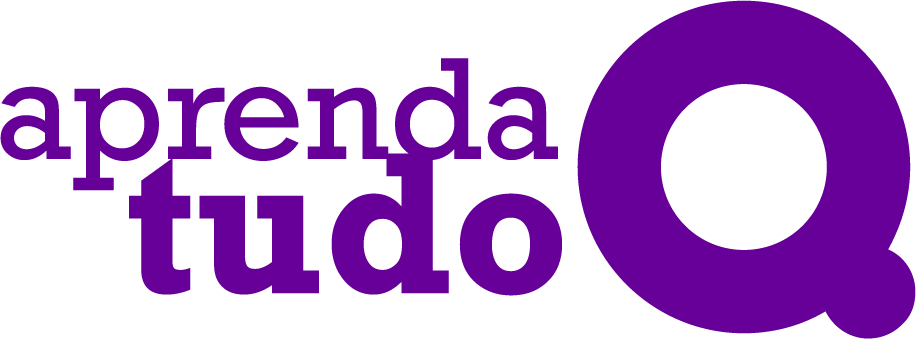Financial education is essential for the economic well-being and financial stability of individuals.
In South Africa, where the economy presents both opportunities and challenges, financial literacy becomes even more crucial.
Understanding the importance of financial education, knowing the available resources in South Africa, and following practical tips to improve personal and family financial management can transform lives.
The Importance of Financial Education
Financial education is the knowledge and understanding of fundamental financial concepts such as savings, investments, credit, and budgeting.
The ability to make informed and effective financial decisions is vital for achieving economic stability and avoiding financial pitfalls.
In South Africa, where income inequality and high unemployment are persistent concerns, financial education can be a powerful tool to empower individuals and communities.
Benefits of Financial Education
- Informed Decision-Making: Individuals with financial knowledge can make more informed decisions about saving, investing, and spending. This can lead to better resource management and greater financial security.
- Debt Prevention: Financial education helps prevent excessive debt and understand the risks associated with credit. Understanding interest rates and loan terms can avoid unsustainable debt situations.
- Future Planning: Financial literacy promotes long-term planning, including preparing for retirement, children’s education, and financial emergencies. This contributes to building a solid financial foundation for the future.
Financial Education Resources in South Africa
South Africa has several resources and initiatives aimed at financial education.
Governments, financial institutions, and non-profit organizations have developed programs to improve financial literacy among the population.
Government Initiatives
- National Credit Regulator (NCR)**: The NCR promotes financial education and consumer protection by providing information on responsible credit, consumer rights, and debt management. They offer educational resources and workshops to help South Africans make informed financial decisions.
- Department of Basic Education (DBE): The DBE has integrated financial education into the school curriculum, ensuring that students learn basic financial concepts from an early age. This includes topics such as budgeting, saving, and investing.
Financial Institutions
- Banks: Banks like Absa, FNB, and Standard Bank offer financial education programs for their customers. This includes workshops, online seminars, and digital tools to help with personal financial management.
- Brokerages and Investment Firms: Investment companies also provide educational resources, including investment guides, seminars, and personalized consultations to help investors make informed decisions.
Non-Profit Organizations
- South African Savings Institute (SASI): SASI promotes financial education and a savings culture through awareness campaigns and educational programs. They organize events and workshops focused on saving and investment strategies.
- Financial Sector Conduct Authority (FSCA): The FSCA offers various educational resources, including videos, guides, and workshops on financial management, responsible credit, and safe investing.
Practical Tips to Improve Financial Management
Create and Maintain a Budget
A budget is an essential tool for financial management. It allows you to track your income and expenses, identify areas where you can save, and plan for the future.
Follow these steps to develop a practical and effective budget:
- Record Income and Expenses: Note all sources of income and all monthly expenses. This includes fixed expenses (like rent and bills) and variable expenses (like entertainment and food).
- Identify Areas to Save: Review your expenses to identify areas where you can save. Even minor savings can accumulate to substantial amounts in the long run.
- Set Financial Goals: Establish clear financial goals, such as saving for a trip, paying off debt, or building an emergency fund. Use your budget to help achieve these goals.
Build an Emergency Fund
An emergency fund is savings set aside for unexpected expenses, such as car repairs or medical bills.
Having an emergency fund can prevent you from resorting to high-cost loans in times of crisis.
It is recommended that the emergency fund cover three to six months of basic expenses.
Understand and Use Credit Responsibly
Credit can be a useful tool when used responsibly. Here are some tips to manage credit effectively:
- Know Your Interest Rates: Understand the interest rates associated with your credit cards and loans. Compare different offers to find the best terms.
- Pay Your Bills on Time: Paying bills on time avoids penalties and additional interest, and improves your credit score.
- Avoid Revolving Credit: Revolving credit (when you pay only the minimum due) can result in high-interest costs. Try to pay the full balance on your credit card whenever possible.
Invest in Knowledge
Investing in your financial education can have a significant return. Attend workshops, read books on personal finance, and use online resources to expand your knowledge.
The more you know about financial management, the better your decisions will be.
Financial education is a powerful tool for achieving economic stability and success. In South Africa, where the economy presents both challenges and opportunities, financial literacy can make a significant difference in people’s lives.
By utilizing available resources and implementing effective financial management practices, South Africans can build a more secure and prosperous financial future. Investing in financial education is investing in a better future for yourself and future generations.






